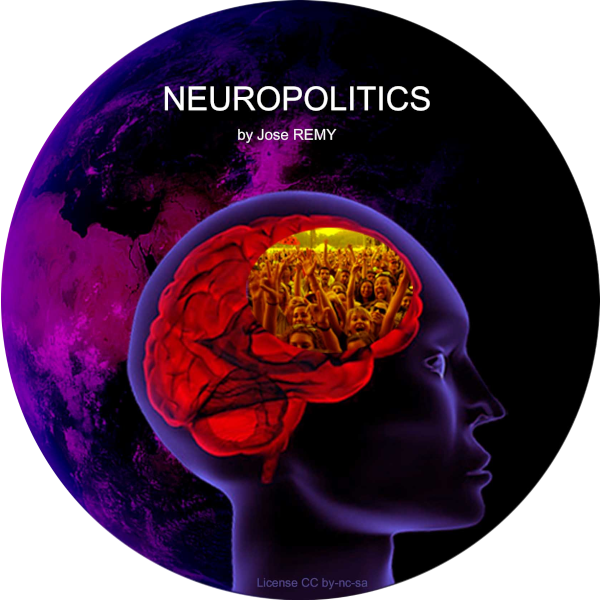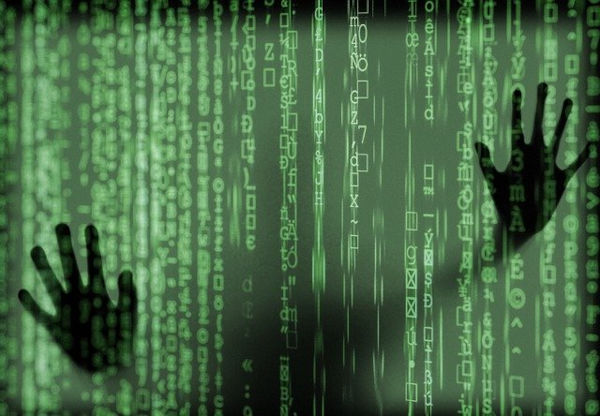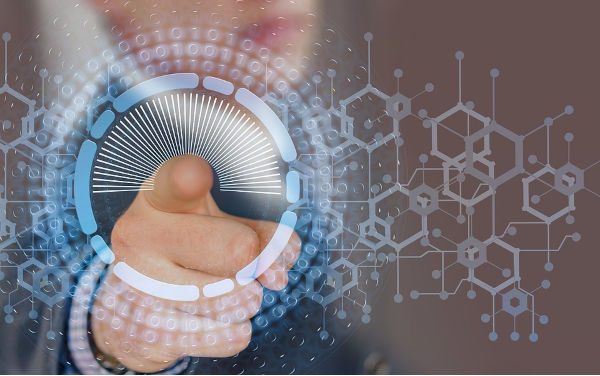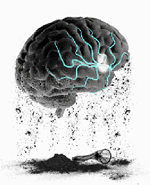
problem statement & answer
Why philosophy ? To make your life as an artwork as
Friedrich Nietzsche would say; to imagine the world, meet it,
and understand it as would say Jacques Lacan; to find your
place and your way, your personal legend, as would say Paulo
Coelho.
What is philosophy ? It is the knowledge of
knowledge. It is the root of sciences as René Descartes would
say. I would say that it is a formal science, meaning a
logical model. Since Saint Thomas d'Aquin Catholic religion
has accepted that this model is autonomous from beliefs and
faith. This is secularism, at least in principle. Its reality
is built by humans as nations. In Europe, those are imaginary
or fantasized churches.
Is philosophy setting truths ? Yes, truths only have
meaning inside models (produced by philosophy) as would say
Hegel. They exist there as relations as would say Alfred
Tarski. It is coherence theory of truth. No, if we look for a
model of models or absolute truths. A unique or universal
model depends on the observer. From its position come basic
truths or "postulates". They could be called "values". From
a scientific, or secular, point of view , these absolute
truths come from human specificities and theology. The latter
come from the anthropology of religions as would say Ludwig
Feuerbach. Since the 17th century, in Europe, religious
traditions became political systems as would say Karl Schmidt.
It was the case with protestants migrations, with French and
Russian Revolutions. They tried to "rebuild god" but failed.
It is personal ethic to understand or adhere to such truths.
That is, in a Republic, becoming a citizen. His ethic must be
consistent with others, the people of a Nation. The situation
is similar in others parts of the world but with a different
timing, and different figures (Buddha, Confucius,
Mahomet....). What is in common is the Earth, its natural
order, and human beings as a unique species. That single point
of observation builds absolute truths or minimal values. Defining one's own values as universal
is a supremacist point of view.

problem statement
Most personal computers are insecure. They are
insecure at home. They are sometimes insecure at work while
the network may be protected. Smartphones are small personal
computers that are very insecure except, in some ways, those
of APPLE and others who have proprietary secure technologies
(SAMSUNG...). However the security of smartphones is mostly
out of control from the user.
Why are personal computers insecure ? Decades ego,
security was not a concern. This situation perpetuates when
vendors ensured compatibility with their previous systems
(Microsoft...). People, especially newbies and average user,
want simplicity and low costs. Moreover, they are not
conscious of the risks before an "accident". Some buy security
products, mostly anti-viruses. Then, most people have no other
choice than relying on security offered by vendors. That is,
they must update regularly their system and their software.
This race has a cost, because it is also necessary to renew
hardware to follow the pace. Because of increasing costs and
increasing complexity, personal computers stay insecure. More
over, updates bring new vulnerabilities while solving old
ones. This situation get worse with permanent connection to
the Internet and with smartphones. Most of updates occur
automatically behind the scene.
What are main risks ? It is to lose control. Criminals
can use your personal computer to do what they want, attacking
others or mining crypto-currencies... It is to be locked out
of your personal system if you do not pay a ransom. It is to
leak confidential information; this is about your privacy or
about business confidentiality. It is about your money. Most
people are obliged to have banking applications in their
smartphone. More and more people use their smartphone for
payment. While banking applications may be safe, the
smartphone is not. A criminal may take control of you banking
and payment applications. Finally, evil foreigners may attack
your country through your personal system.

problem statement
What about trust ? The Internet and so-called social
network offer place to imaginary and symbolic exchanges. They
are films, videos and chats, posts, or electronic mail. While
commercial exchanges must respect the rule of law, few rules
exist for person to person exchanges. This is because the
reality of commercial exchanges is the reception of a product
or a service in exchange of money. The exchange involves a
well known vendor paying taxes and a customer. In contrast,
person to person exchanges have a reality that exceed
commercial exchanges. Indeed, the Internet and its social
networks are perceived as place of freedom, and a place of
opportunities. The counter-part is a luck of trust in
exchanges and risks of prejudice. The reality of person to
person exchanges may be disappointing.
What about money ? In person to person exchanges low
payments are generally accepted by applicable laws. This is
the case for help, carpooling, used things or occasional,
short term renting... On a regular basis, or for large
amounts, these activities are not allowed without some kind of
legal registration and tax payments. Because of the nature of
Internet and social networks, one can easily be involved in
illegal activities and money laundering. More over applicable
laws are not always known by persons, especially if they
belong to different countries, or different spaces of law,
contrary to what is sometimes said, written, or meaning-heard.
What about physical characteristics? Some services
are limited by law to adults. This is the case for buying
alcohol, cigarettes or pornography. Some free exchanges are
limited by law between adults. This is the case of sexual
activity between children and adults. In all these cases there
is a need to know that you are facing a real person who is an
adult. Widely, when you try to meet someone through Internet
services or social networks you want that the person you will
meet in reality is the one met virtually. The problem is that
most people lie on line, for good or bad reasons. Therefore
reality of person to person meeting may be disappointing, or
worse not authorized.






